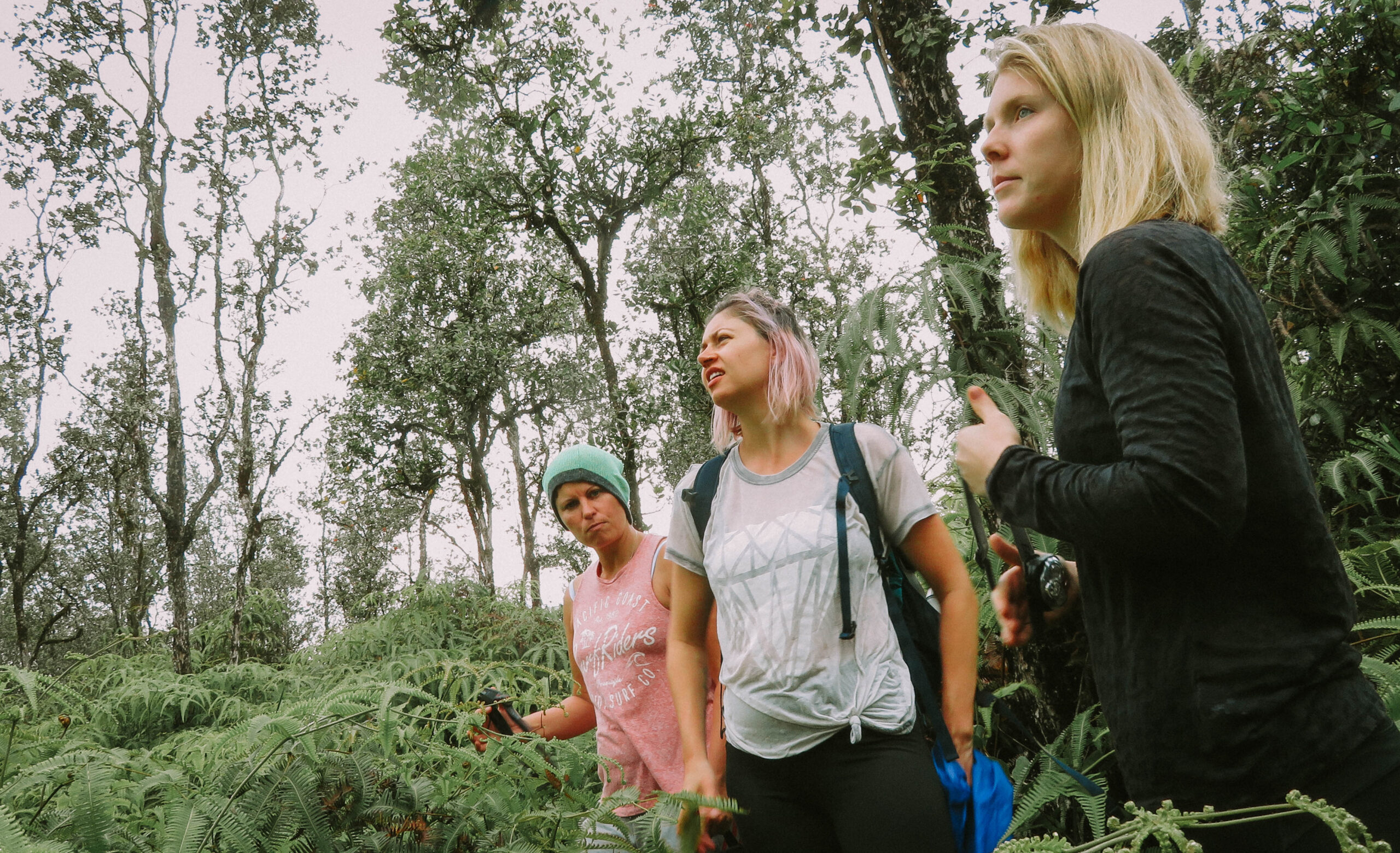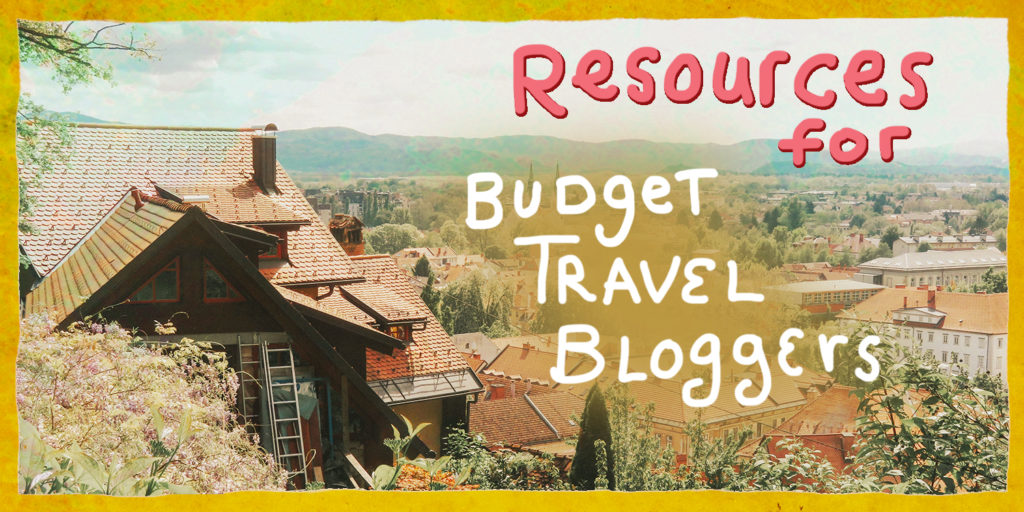Graduation caps thrown to the wind, my peer group settled into respectable jobs or prepared to become perpetual scholars. Unburdened by any particular career calling, I decided instead to volunteer in Hawai’i. Then work in Alabama. Next, Colorado. And Grand Teton National Park.
Nearly ten years later, I’ve had over a dozen addresses and put enough money in my savings account to sustain me for the next two years (if I’m frugal!) while I start a website to provide guidance to people going through spiritual awakenings. How did I save money while traveling? More importantly, how can you do it? It’s actually very straightforward.
Get seasonal adventure jobs.
What are seasonal adventure jobs?
Most of these positions are in the tourism industry. With an influx of visitors for a few months or a few seasons each year, tourism companies need a surge in staff numbers as well.
Think ski resorts, wilderness lodges, summer camps, travel tours, retreat centers, ranches, and the like. Businesses that bring together multiple services and have lodging, restaurants, retail, activities and events on a single property.
These types of jobs are perfectly suited for travelers because they:
- are in beautiful tourist destinations
- come with a built-in community of traveling co-workers
- include staff housing (and often meals!)
- will pay you
As a seasonal adventure worker, you’ll probably have multiple employers and jobs each year, ranging anywhere from 3-9 months. Some jobs are year-round or allow a skeleton crew to remain on as part-time year-round employees.
What positions are available?
Common jobs include:
- Food & beverage
- Wilderness lodge staff
- Tour guide
- Retail
- Retreat & conference center staff
- Ski & snowboard instructor
- Ski resort staff
- Teach English as a Foreign Language
- Maintenance crew
- Camp counselor
- Hostel operations
- Farm & garden
- Campground crew
- River & kayak guide
- Au pair
- Cruise ship staff
How much experience do you need?
Even as a high school graduate with no real work experience, there will be opportunities available to you in all sorts of incredible places.
The easiest jobs to get are:
- Housekeeper
- Ski lift operator
- Dishwasher
- Camp counselor
- Prep cook
Entry-level jobs usually come with an entry-level wage. I started out with prep cooking, housekeeping, and camp counselor jobs. They didn’t pay much, but was able to put away nearly all of my paychecks into savings.
When you’re already being housed and fed three fresh, hot meals each day, all your needs are taken care of. If you’re able to prevent yourself from shopping and spending tons of money on alcohol, there’s really nothing you need to purchase besides transportation between jobs.
Finding your first job is easy.
Job boards do the heavy lifting of gathering all the goodies in one place. WanderJobs is a great place to start because all companies that post positions (in beautiful places!) are required to provide employee housing.
You can also browse this enormous “Master List” of seasonal adventure job boards as well as work-exchange and volunteer opportunities and other travel-for-free resources.
Always, always write a cover letter.
And make it a good one.
It shines through in your cover letter when you genuinely want to experience the adventure of living with a small group of people on a lake tucked away in a wilderness reserve. Or when you want to put in your best effort to be the greatest damn art instructor ever hired.
No HR manager wants to hear the usual flat rhetoric of “Hi, my name is Sam and I’m writing to apply for the position of front desk staff. I’d be a great fit because I’m an excellent oral communicator and a team player. Thank you for your consideration.”
Pass.
The cover letter is IMPORTANT. Learn how to write a good cover letter and have a writer friend read it over for you when you’re done.
Other ways to travel for free
Committing to the short-term contracts of the seasonal adventure jobs world also opens you up to exploring other methods of free and paid travel. Travelers commonly progress to work-exchanges and freelancing, or sometimes even become digital nomads.
Work-exchange & volunteering
Sometimes your jobs won’t line up perfectly in time and you’ll wonder where you’re going to live for those two random weeks in the middle of April. While many travelers road trip or stay with friends or family, others continue their travels as work-exchange volunteers.
The best known sites to find these short-term gigs are Willing Workers on Organic Farms (WWOOF) and Workaway.info. Both sites have hosts (mostly families, individuals, and small businesses) who need volunteers from a few days to a few months. They are usually extremely flexible on dates.
Workaway is my favored site to find work exchanges because it has an enormous international user base and hosts in stunning places around the world. There’s a wide variety of work compared to other sites: babysitting, maintenance, art projects, gardening, tutoring, hostel work, and more.
Most work exchanges (not only those found on WWOOF and Workaway) require about 5 hours of labor each day in exchange for free room and board. Free meals are generally a part of the deal.
Freelancing
Some travelers choose to pad their bank accounts by taking remote jobs on the side. It’s easiest to get these jobs (and pays better) if you have a specific skill like coding, accounting, or copywriting. I’ve had success with illustration and graphic design freelancing after building a strong portfolio.
But I’ve also known many travelers who take less expertise-heavy jobs like teaching English as a second language via Skype and doing remote personal assistant or secretarial work.
Many remote workers start their journey on Upwork.com, and though it’s not a great endgame goal, it is a good place to find some of your first clients while you build your portfolio as a freelancer.
Transportation
Cars can be nice, but you don’t actually need one.
I managed to do most of my traveling without owning a vehicle. Though I did purchase a camper van recently in order to try new adventures (and promptly sold it again because it ended up being too much of a burden), I usually flew from place to place.
As for getting off company property in day-to-day life, enough of my coworkers have had cars that it’s always been easy for me to catch a ride into town or plan a group adventure or hike. Just chip in a few dollars for gas and most people will be happy to drive you and have the company.
Get out there!
When you become a seasonal adventure worker, you join a subculture that’s spread all across the world. One that’s vibrant and exciting and open to what life has to offer.
If you become a long term seasonal adventure worker, many of the jobs you’ll get will be through referrals by people who you’ve already worked with and who have become your friends.
There is a magic to living this sort of life. It’s unusual, it’s spontaneous, it leads to incredible personal growth. Maybe it’s even a little bit scary. But all of us are a team, and you don’t have to completely forge a new path through the woods.
The information here is enough to get you started on your way.
Good luck, wanderer!


